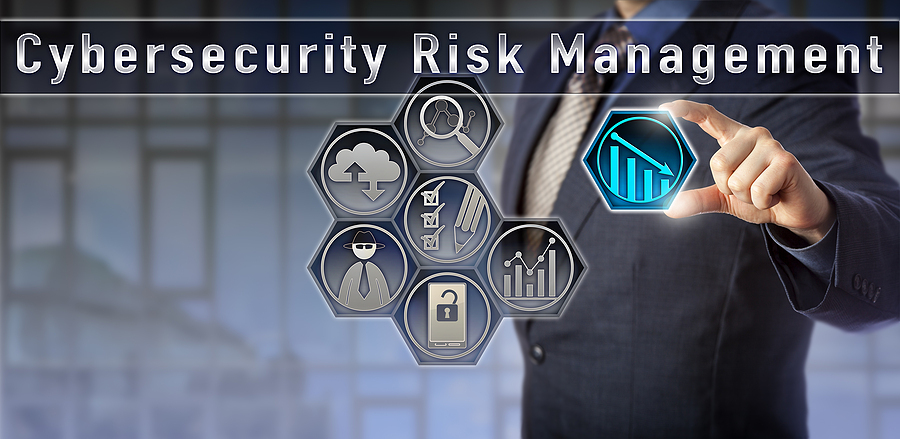Whether you run a small or medium-sized business, creating a cybersecurity plan for your business is crucial. Since almost half of cyber-attacks target small businesses, following a simple cybersecurity plan is the first step to protect your venture from cyber crimes and fraud.
While larger organizations have complex needs that require a sophisticated and well-developed plan to protect their intellectual property and data, small businesses have more precise needs and can benefit from a simpler plan.
What are the Objectives of your Cyber Security Plan?
The objective of your cyber security plan is protect the financial data and the intellectual property of your business, meet legislative and regulatory obligations, assure your clients and suppliers that you consider the security of your data a crucial matter, and establish an expeditious response to any threats.
How to Make a Plan
When creating a cyber security plan, first identify the assets that need to be protected, then run a risk assessment and prioritize which threats would harm your business the most. It is then important to establish counter measures and test for vulnerability.
Determine Your Digital Assets
Creating a cybersecurity plan requires you to assess all digital assets such as client work files, emails, and financial records. Sensitive data can also include customer details, project plans, and contracts.
Identify Risks and Threats
Here are the most common types of risks and threats you need to consider:
- Cybercrimes
- Malware attacks
- Technical failures
- Security policies
- Accidental damage
- Natural disasters
- Employee negligence
- Employee misconduct
Creating the Plan
Once you determine your digital assets and identify potential threats, the next step is to mitigate the risks. Here are some critical components of a cybersecurity plan:
- Switching email to a trusted email application with two-step authentication
- Relocating data to a protected central file server
- Creating policies to secure working from home
- Creating a backup of vital data, both locally and in the cloud, everyday
- Limiting access to data like payroll and accounts
- Security-marking every company device
- Updating your internet use policy with your lawyers
- Ensuring everyone in your company is familiar with your IT security policies
- Conducting annual training for the company to refresh security knowledge
- Spot-check regularly to follow IT protocols
Having the Right IT Personnel
It is important to have the right, knowledgeable personnel. You can assign your IT team or hire experienced IT professionals for the multiple tasks. Here are a few essential roles:
- A professional who is responsible for overall IT security
- A professional who is in charge of security-led technical changes
- A professional who manages and schedules monthly checks
If you’re looking for a proven cybersecurity consultant in Metro Detroit to help create and execute a plan for your business, contact us today!


